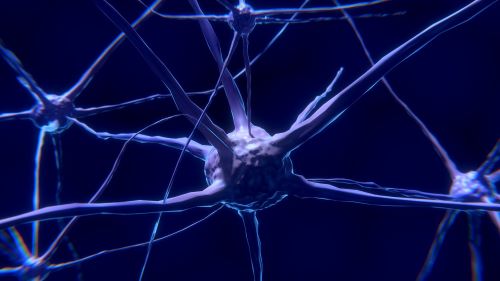
Live – Neuropsychotherapy for Trauma: A Brain Science Toolkit
Open to access this content

Open to access this content

Open to access this content

Open to access this content

Open to access this content

Open to access this content